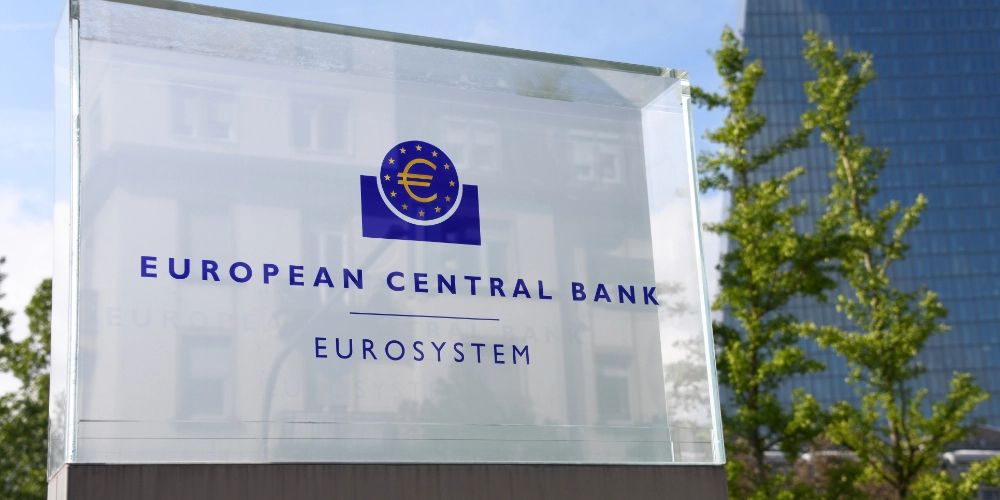Regulatory review: new US crypto bill, proposal to unify Muslim cryptocurrencies, European Central Bank's European chain
New US crypto bill
Proposal from the Securities and Exchange Commission
Letter to the Internal Revenue Service
"Clarify which federal agencies regulate digital assets and require these agencies to inform the public of any federal licenses, certificates or registrations and other purposes required to create or trade such assets."

U.S. Michigan changes law to include cryptocurrency

- Lenovo Group Blockchain Puzzle
- Everbright and Zhongying interconnected and blew up, exploding A-share "currency-related" companies
- Ripple Puzzle: Why is Ripple not short of money financing?
France approves first IC0
"Although this approval is optional, ICOs that have not been approved by the AMF will continue to be legal, but only those public funds that have received AMF approval can be sold directly to the public in France."

Muslim cryptocurrency
"It is recommended that Islamic financial payments be made to Muslim countries that trade in their own currencies, and propose a Muslim cryptocurrency to reduce dependence on the US dollar and resist the effects of market fluctuations."
"This is the first time we have heard from Iran and Turkey. If we don't have the US dollar, we can use our own currency, or a universal currency that we (Muslim countries) can create, if we agree."

China surveys crypto exchanges
European Central Bank's European chain and "anonymous" CBDC

India to train 20,000 blockchain experts
Polish retroactive crypto tax
Today's Interactive Topic
What do you think of the regulatory progress in this review?
Welcome message.

Original link: Bitcoin.com | Regulatory review: new US crypto bill, proposal to unify Muslim cryptocurrencies, European chain of the European Central Bank
Disclaimer: This article is a translation article from news.bitcoin.com's official website.
We will continue to update Blocking; if you have any questions or suggestions, please contact us!
Was this article helpful?
93 out of 132 found this helpful
Related articles
- 2 days countdown! 64.8% of this New Year's Eve speech are new friends outside the circle
- Ethereum 2.0 to be classified as securities by the SEC? Lawyers say it is highly likely
- Babbitt Original | In the era of digital currency, memories and future reflected by a wallet
- Xinbaoyuan He Baohong: Foreseeing 2020, the turning point has arrived
- Chengdu Daily full page: We have three major advantages for the central bank's digital currency pilot
- Lava Interpretation: Fearless Winter, Opening a New Blue Ocean of PoC
- YouTube deletes a large number of cryptocurrency videos, is it overreacting or strengthening regulation?






